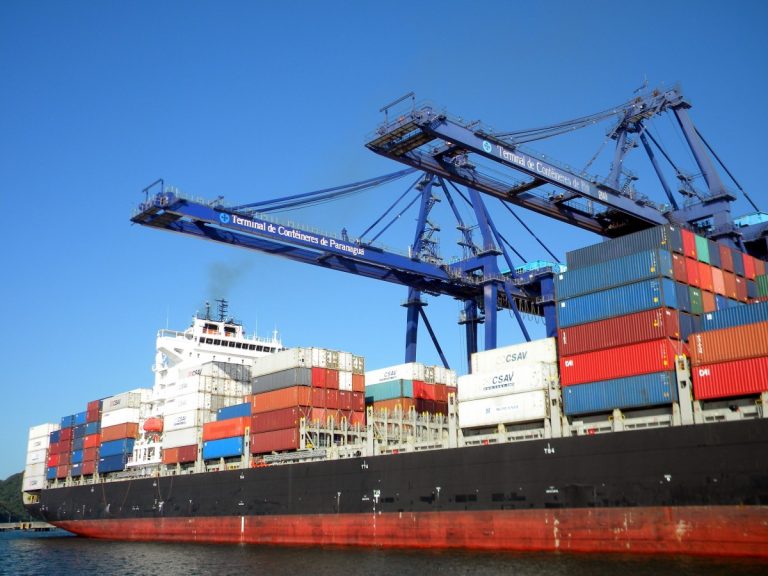
The global shipping market has left the tsunami days of 2015-2016 and returning to calmer seas driven by the stronger global economy. However, are rougher seas just around the corner as new challenges arise from autonomous vessels, emissions regulations and oil supply growth.
According to the United Nations, around 80% of global trade by volume and more than 70% of global trade by value is carried out over maritime trading routes. The majority of these routes are expecting to see more volume in 2018, this is reflected by expectations of a stronger global economy.
The economies of all major regions, the US, China, Europe have all recently been revised up. The International Monetary Fund (IMF) forecasts the global economy to expand by 3.90% in January, a slight upward revision from previous estimates.
There is more good news for the shipping industry, the Paris-based International Energy Agency (IEA) claims the rise in global oil production, led by the United States is likely to outpace the growth in demand.
The US Energy Information Administration (EIA) said US production may reach 11m b/d by the end of 2018 placing it clearly with the big boys, Russia and Saudi Arabia.
More oil means lower prices, lower bunker oil prices and when this is matched by increased shipping volume it also means bigger profits.
But all is not calm, the industry is facing persistent calls to reduce the amount of sulphur in its fuel oil (bunker fuel) to cut emissions.
The International Maritime Organization (IMO), part of the United Nations set by 1 January 2020 to reduce the sulphur content of ship’s fuel from 3.50% m/m (mass by mass) to 0.50% m/m.
Utilising a lower sulphur fuel oil will make each journey more expensive. However, there is no established fine or sanction set by the IMO, it is down to the individual flag state/party/port states to enforce.
There are also other cost pressures with an increasingly louder voice over safe manning of ships. The Hong Kong branch of the Nautical Institute held a conference in November highlighting the need for more staff onboard ships to ensure each journey is sufficiently staffed to prevent overwork and fatigue that has led to catastrophic ship collisions.
As part of the drive to limit collisions, the industry is innovating and creating autonomous cargo ships. The first of this kind will embark on its maiden voyage later this year delivering goods between Norwegian towns.
The electric powered and zero emissions vessel named, Yara Birkeland was developed by Chemical experts Yara and aerospace company Kongsberg.
A future where all vessels are autonomous may reduce or eradicate collisions, but until that happens the industry, the shipowners, insurers and maritime lawyers will face fresh scenarios where an autonomous vessel clashes with a manned ship.